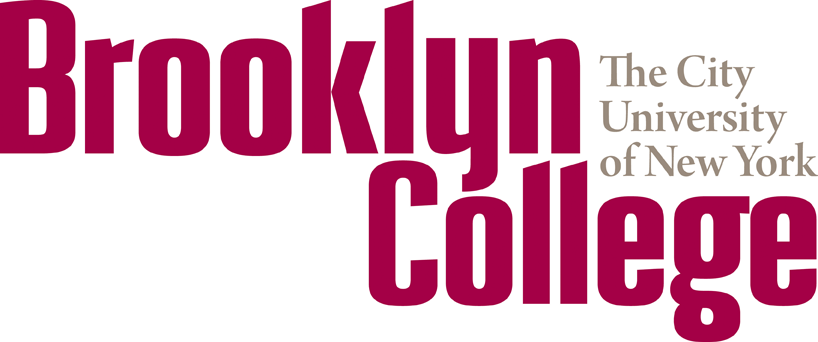
Publications and Research
Document Type
Poster
Publication Date
6-2019
Abstract
Aim Our library’s three main computing areas are the primary computer labs on campus, with two of them managed by librarians. Our staff mediated sign-in system made for long lines, delays, and more than a few misplaced student ID cards. After several semesters of monitoring issues and securing funding, the library implemented a new sign-in system for computers in the library’s labs. This presentation discusses the types of evidence we collected and used over several stages of this transition to launch and continually improve the self sign-in process.
Methods After selecting and deploying the new self sign-in software, library staff at computer labs collected evidence to help improve the process: logging student complaints and comments, observing traffic at sign-in stations, inviting IT staff to troubleshoot on the spot during busy times, collecting articles from student-run campus newspapers, surveying students, and using our own gut instincts to make decisions for quick fixes.
Results By collecting data and documenting issues immediately, librarians and staff in the labs promptly engaged IT staff in ongoing monitoring and identification of problems during the first semester rollout. By being nimble in using evidence for making changes we could handle without IT intervention, the self-sign-in process became more efficient. For more complex issues, we used our evidence for communication with IT staff for resolution. The improvements we made in time for the beginning of the second semester of the roll out were met with approval from students and staff.
Discussion/Conclusion By collecting several types of evidence, the librarians and staff were able to better communicate issues to IT staff for identification and resolution. Some decisions could be made quickly, but others required ongoing collection of evidence. By involving IT staff in our evidence collection, we developed a better understanding of how to communicate between our two departments in weekly meetings and in the moment in order to make the computer labs more efficient for students. As a result of this experience, we developed an online reporting form and established a triage hierarchy for reporting critical computer lab issues.


Comments
This work was originally presented at the 10th International Evidence Based Library & Information Practice Conference (EBLIP10), held in Glasgow, Scotland,